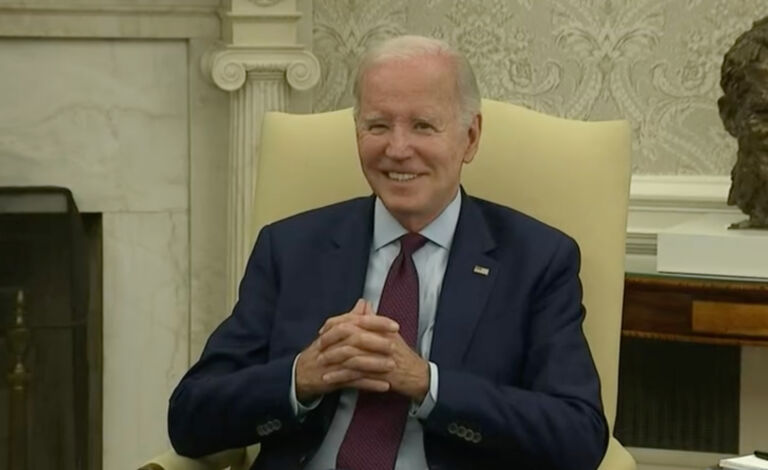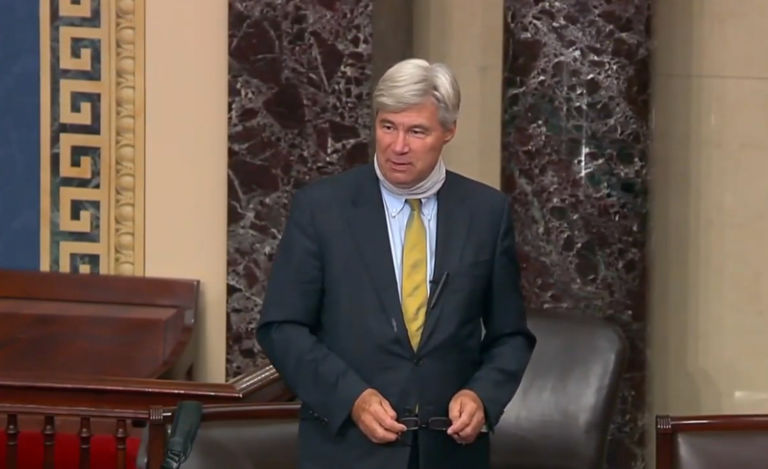This 2011 article from CBS Money Watch argues that the reason why men earn more than women is because they choose higher paying professions. When apples to apples work comparisons are made, the differences disappear. Here’s the scoop.
Why the Gender Pay Gap is a Complete Myth
Men are far more likely to choose careers that are more dangerous, so they naturally pay more. Top 10 most dangerous jobs (from the U.S. Bureau of Labor Statistics): Fishers, loggers, aircraft pilots, farmers and ranchers, roofers, iron and steel workers, refuse and recyclable material collectors, industrial machinery installation and repair, truck drivers, construction laborers. They’re all male-dominated jobs.
Men are far more likely to work in higher-paying fields and occupations (by choice). According to the White House report, “In 2009, only 7 percent of female professionals were employed in the relatively high paying computer and engineering fields, compared with 38 percent of male professionals.” Professional women, on the other hand, are far more prevalent “in the relatively low-paying education and health care occupations.”
Men are far more likely to take work in uncomfortable, isolated, and undesirable locations that pay more.Men work longer hours than women do. The average fulltime working man works 6 hours per week or 15 percentlonger than the average fulltime working woman.
Men are more likely to take jobs that require work on weekends and evenings and therefore pay more.
Even within the same career category, men are more likely to pursue high-stress and higher-paid areas of specialization. For example, within the medical profession, men gravitate to relatively high-stress and high-paying areas of specialization, like surgery, while women are more likely to pursue relatively lower-paid areas of specialization like pediatrician or dentist.
Despite all of the above, unmarried women who’ve never had a child actually earn more than unmarried men, according to Nemko and data compiled from the Census Bureau.
Women business owners make less than half of what male business owners make, which, since they have no boss, means it’s independent of discrimination. The reason for the disparity, according to a Rochester Institute of Technology study, is that money is the primary motivator for 76% of men versus only 29% of women. Women place a higher premium on shorter work weeks, proximity to home, fulfillment, autonomy, and safety, according to Nemko.


